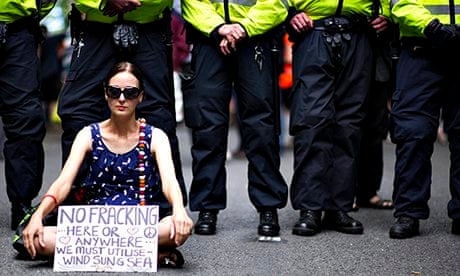In common with recent years, 2014 looks set to be full of new developments for the environment. Businesses will need to keep up to date with these developments to ensure they make the most of the opportunities they present and avoid the pitfalls they pose.
Carbon emissions reporting
UK-listed companies now face a duty to incorporate carbon emissions reporting in their annual company reports. This is a requirement uner the Climate Change Act and applies to all reports covering financial years ending on or after 30 September 2013.
Companies will now be able to compare carbon emissions data against their competitors. It will be interesting to see the extent to which public perception influences the decision of investors and consumers. There have been suggestions that this obligation will be introduced for other tiers of companies below those that are listed, but such a development seems unlikely to happen any time soon.
Higher fines for environmental offences
The sentencing council guideline for environmental offences is due to be introduced in January or February 2014 and will take effect three months after it is published. It will introduce a tariff-based approach to the sentencing of environmental offences and the criminal courts will be required to take account of the guideline when sentencing offenders.
We are likely to see fines for environmental offences, particularly for medium companies (turnovers of more than £6.5m) and large companies (turnovers of more than £25.9m), jumping from tens of thousands of pounds, to hundreds and in some instances millions of pounds. Fines at this level, previously very rare in the environmental arena, will become commonplace and they are expected to have a significant deterrent effect on the behaviour of businesses in England.
Water offsetting
At an international level talk of water offsetting is gaining momentum. This is where companies commit to water reduction programmes and in the interim acquire water allowances to offset their consumption. It sits alongside the attempts of many companies to sketch out their water footprints.
Increased moves to monitor and measure water impact are indicative of a continuing trend towards finding ways of placing monetary value on environmental impacts. It is generally accepted that water scarcity will become the number one environmental issue for the global economy in the coming years. Water footprinting and offsetting are the first steps on the road to recognising this.
Fracking
It is likely that 2014 will see a growing expansion of the fledgling industry, with a further licensing round to enable operators to explore additional areas and assess whether they are suitable for fracking.
On one side of the debate are those advocating the process as a saviour for the UK economy in terms of lower energy prices, security of supply and additional jobs. Alternatively there are those that believe fracking will lay waste to the UK countryside and pollute its water supplies.
The regulation of fracking in the UK is strict and the UK government is keen to resist the introduction of any further controls at an EU level – which is a real prospect. EU member states such as France and Germany are both lobbying for tighter EU-wide controls to avoid being put at a competitive disadvantage to countries such as the UK, which is keen to make the most of the opportunities presented by shale gas.
Many believe fracking does have an important part to play in a diverse energy mix, meaning it's probably a question of when the industry takes off, rather than if.
Green subsidy schemes
The government is seeking to simplify and broaden the scope of regimes such as the Renewable Heat Incentive and the Green Deal, recognising the take up of both has been poorer than expected.
This conflicts with the government's approach to green tariffs on energy bills and a commitment to remove these, offering a classic case of giving with one hand and taking away with another and posing questions about how these schemes will be funded.
Simon Colvin heads Weightmans' environment team, he specialises in all aspects of UK, EU and international environmental law and policy
Join the community of sustainability professionals and experts. Become a GSB member to get more stories like this direct to your inbox

Comments (…)
Sign in or create your Guardian account to join the discussion